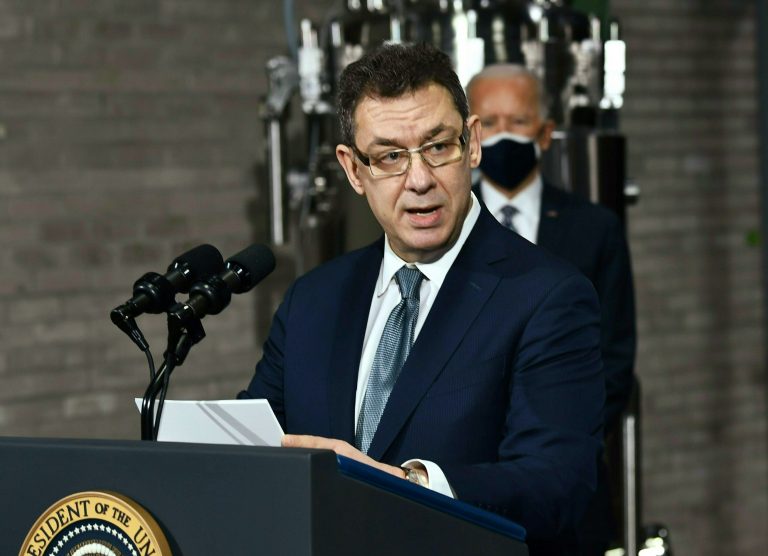On Monday, Pfizer Inc. announced it would buy Canadian drug developer Trillium Therapeutics Inc via a $2.26 billion deal to reinforce its investments in blood cancer therapies.
Pfizer already acquired a $25 million stake in Trillium the previous year, with the remaining shares at $18.50 per share (203.8% premium being on the stock’s closing price) to be purchased by the U.S. drugmaker; the second-largest deal for a Canadian biotech company so far. When the per Trillium share price was $10.88 in September, Pfizer purchased nearly 2.3 million shares.
Two-thirds of Trillium investors expect to support the deal, with the anticipated completion via a plan of arrangement in British Columbia.
Trillium, formerly Neurogenic Biotech Corp after its foundation in 2004, was one of several Canadian-based biotech firms that went public from a reverse takeover of a shell company on the TSX in 2013 before being listed on the Nasdaq the following year.
Pfizer hopes to gain from blood-cancer therapies to eliminate the “don’t eat me” signal that cancer cells emit to avoid the immune system. Drugs with the same antibodies were developed by Forty Seven Inc, bought by Gilead Sciences Inc for $4.9 billion last year.
Success
You are now signed up for our newsletter
Success
Check your email to complete sign up
The takeover comes after lupus drug developer Aurinia Pharmaceuticals Inc. left the Toronto Stock Exchange for a Nasdaq-only listing, among many Canadian-based science companies to leave their home exchange to pursue U.S. listings.
In 2020, more than a million people worldwide were diagnosed with blood cancer, about 6% of all cancer diagnoses, while claiming the lives of 700,000 people that same year.
“The proposed acquisition of Trillium builds on our strong track record of leadership in Oncology, enhancing our hematology portfolio as we strive to improve outcomes for people living with blood cancers around the globe,” said Andy Schmeltz, global president and general manager of Pfizer Oncology.
Trillium’s U.S.-listed shares were $17.73 before Monday, dropping at 59% in 2021. However, with Trillium developing a “potentially class-leading” drug, valuations have become more convincing.
Schmeltz told analysts in a conference on Monday that the deal has achieved all three of Pfizer’s goals; to create “meaningful” shareholder value by deploying capital; by making deals in therapeutic areas where it already has a presence; and adding “flagship medicines” that enable it to build leadership in priority areas.
Pfizer is about to obtain two drug candidates with Trillium, TTI-622, and TTI-621; both used to fight the tumors that hide from the immune system. The company’s chief development officer, oncology, Chris Boshoff, said that Pfizer was prompted by clinical data for the two drugs for patients suffering from lymphoid malignancies and activity for TTI-622 in patients with multiple myeloma.
Schmeltz also added that the drugs could work to “[induce] deep and lasting responses across a range of blood cancers while being quite tolerable for patients.”














